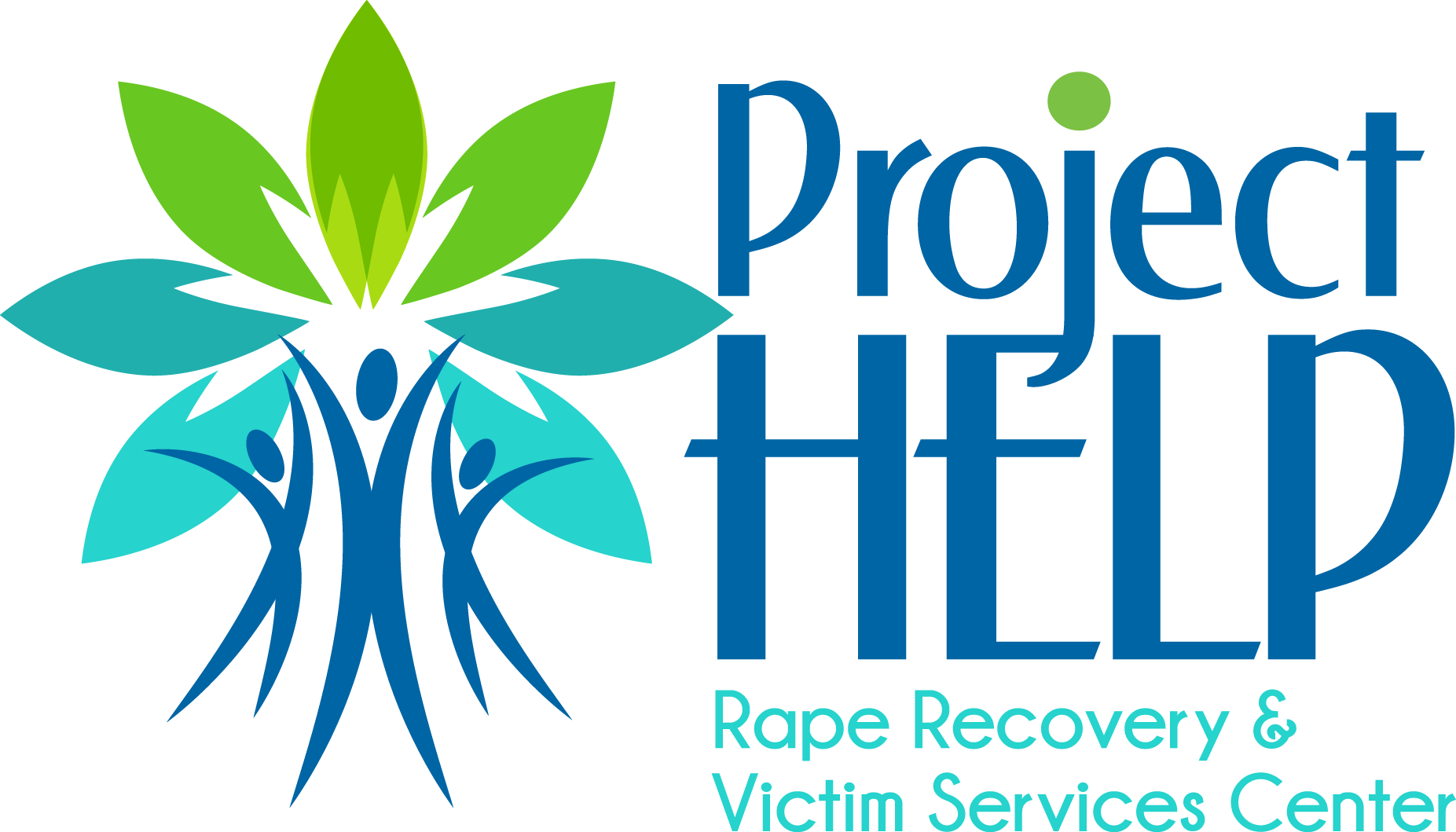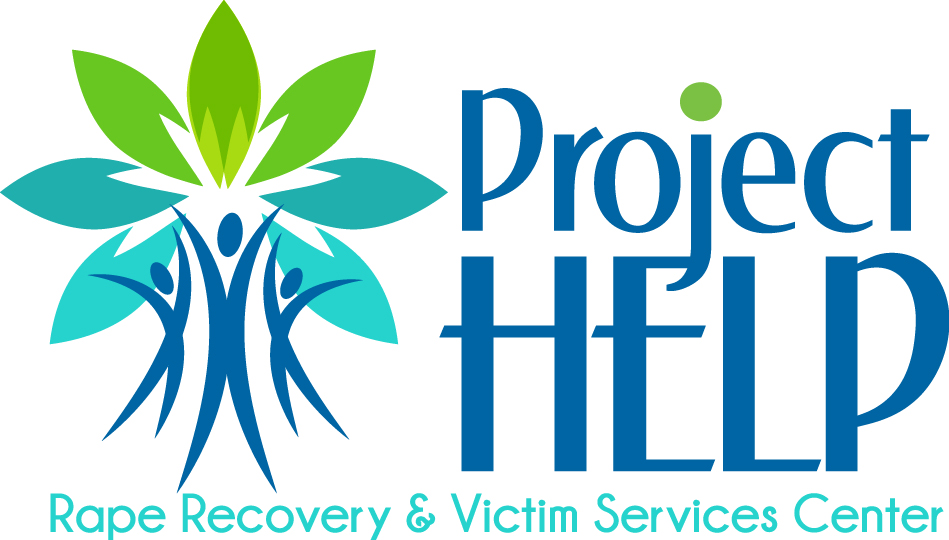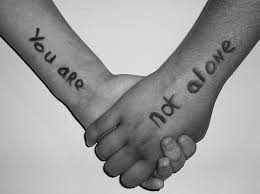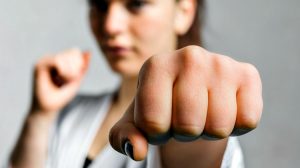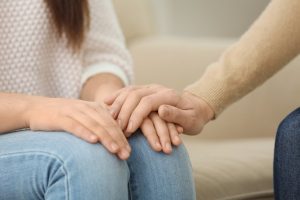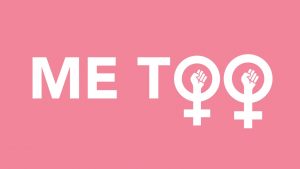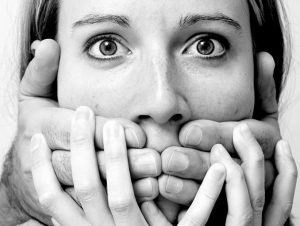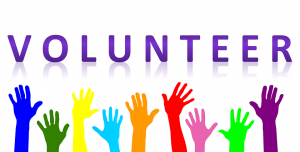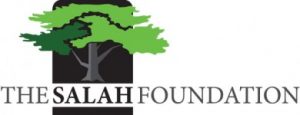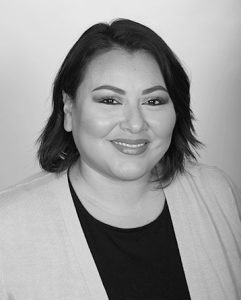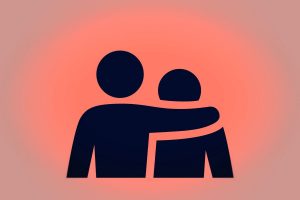
Success HELPline Story: (names have been changed to protect survivor)
It’s 3 am and the phone rings. A kind voice comes on the line “Crisis and Sexual Assault HELPline. Sara speaking. How may I help you?” The caller (whom we will call Jane) says, “I need someone to talk to. I don’t know what to do.” Sara calmly states “Let’s see what I can do to help.” Jane shared that she was on a date the night before and started to feeling funny. Her date offered to drive her home. The next thing Jane remembers is that she woke up with most of her clothes on the floor, feeling as if something wasn’t right, like something had happened to her. Sara’s compassion and reassurance allowed Jane to talk openly and freely about her emotions and feelings. Sara and Jane discussed whether or not Jane believes she was sexually assaulted. Sara reassured Jane that she called the right place and explained that the sexual assault was not Jane’s fault.
During this call, Sara took the time to explain the options that are available to victims of violent crime and helped empower Jane to be able to make important decisions. Should she report the crime to law enforcement? Should she have a forensic exam done? Could the sexual assault response advocate come with her to the exam? Coping skills were shared with Jane so she could help herself during this stressful and emotionally painful time. Sara also discussed the Project HELP’s counseling options. Free of charge and confidential, the counseling could be the start of Jane taking back the power and control that was taken from her.
After exploring all of the options, Jane is empowered to make a plan. With Sara’s kindness, explanations, and support, Jane decided to report to law enforcement and have a forensic exam. Sara started the process by calling the Sexual Assault Response Advocate on call and connected her to Jane.
Calls like this are common for our HELPline and Sara provided immediate crisis intervention. Like many of us, Jane would not have known what to do, how to do it, and where to go for help. In the end Jane received all of the services that a victim of sexual assault will need to begin the healing journey. With a fully trained sexual assault advocate by her side to help navigate the path from victimization through prosecution, Jane is on her way to becoming a survivor. With survivor focused crisis intervention counseling and support groups, people like Jane do not have to feel as if they are alone with unanswered questions and the fear of the unknown. Project HELP empowers victims to become survivors.
